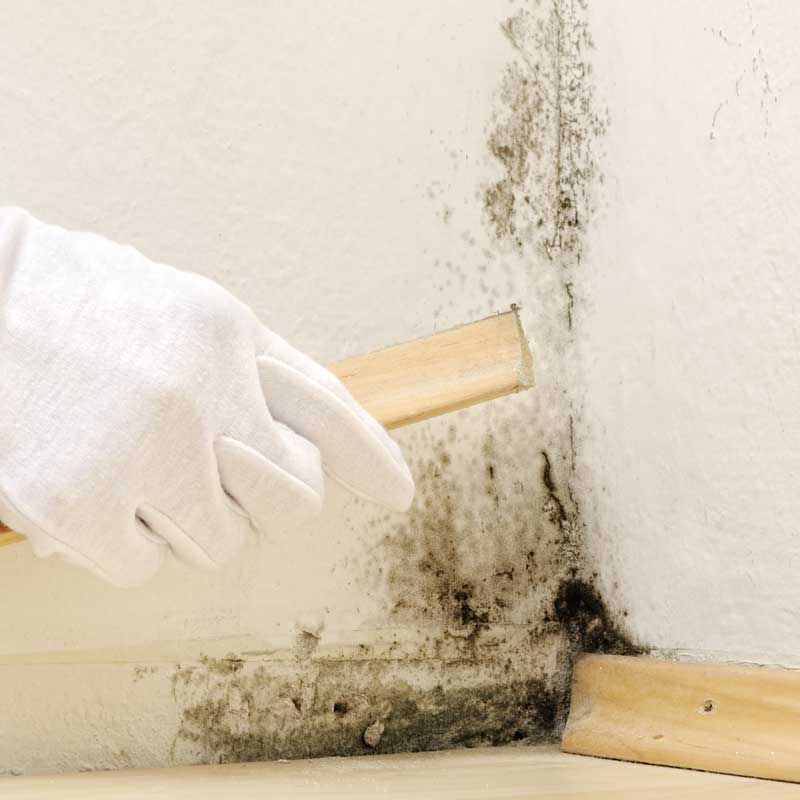Cellulose fibre’s ability to transport moisture to a surface where it can evaporate is most important in keeping moisture levels low and insulation effectiveness high. It passes ASTM C739 Moisture Vapor Absorption test.
-
Call Us: 613-385-1109
Moisture Resistance | Cellulose Fibre
04


T
MOISTURE RESISTANCE
Cellulose fibre has the ability to absorb and dissipate moisture
Why is is effective
Cellulose fibre has the unique ability to slowly absorb and dissipate excess moisture thereby reducing the risk of potential condensation problems.
Why it is Important
Moisture Causes Issues
The build of moisture in your walls and attic can cause molds and mildews. Moisture in insulation can freeze and thaw. This will damage your structure over time.


How it works
Absorbs and wicks
Canadian homes and buildings can experience loss of warm moist air from interior environment to the colder exterior air by several means such as ripped, unsealed or discontinuous vapour barrier, or by piping or electrical wiring and boxes penetrating the vapour barrier.
During the heating season, these disruptions to the vapour barrier permit escaping warm air to condense within the insulation layer or on the cold roof or wall sheathing. To combat this occurrence, insulation should be used which exhibit an ability to absorb and slowly dissipate that moisture.
Cellulose fibre’s ability to transport moisture to a surface where it can evaporate is most important in keeping moisture levels low and insulation effectiveness high.
More Technical Information


Thermal Resistivity
Cellulose Insulation provides greater energy savings over other products.


Convection Properties
Cellulose fibre, due to its perfect fit and greater density, inhibits air movement.


Acoustical Properties
Superior properties for improving noise suppression in wall, floor or ceiling construction


Moisture Resistance
Cellulose fibre has the unique ability to slowly absorb and dissipate excess moisture.


Fire Resistance
Cellulose fibre will not melt or degrade when exposed to flame or high temperatures.


Borate Additives
Cellulose fibre insulation is treated with a carefully controlled blend of borate powders.
